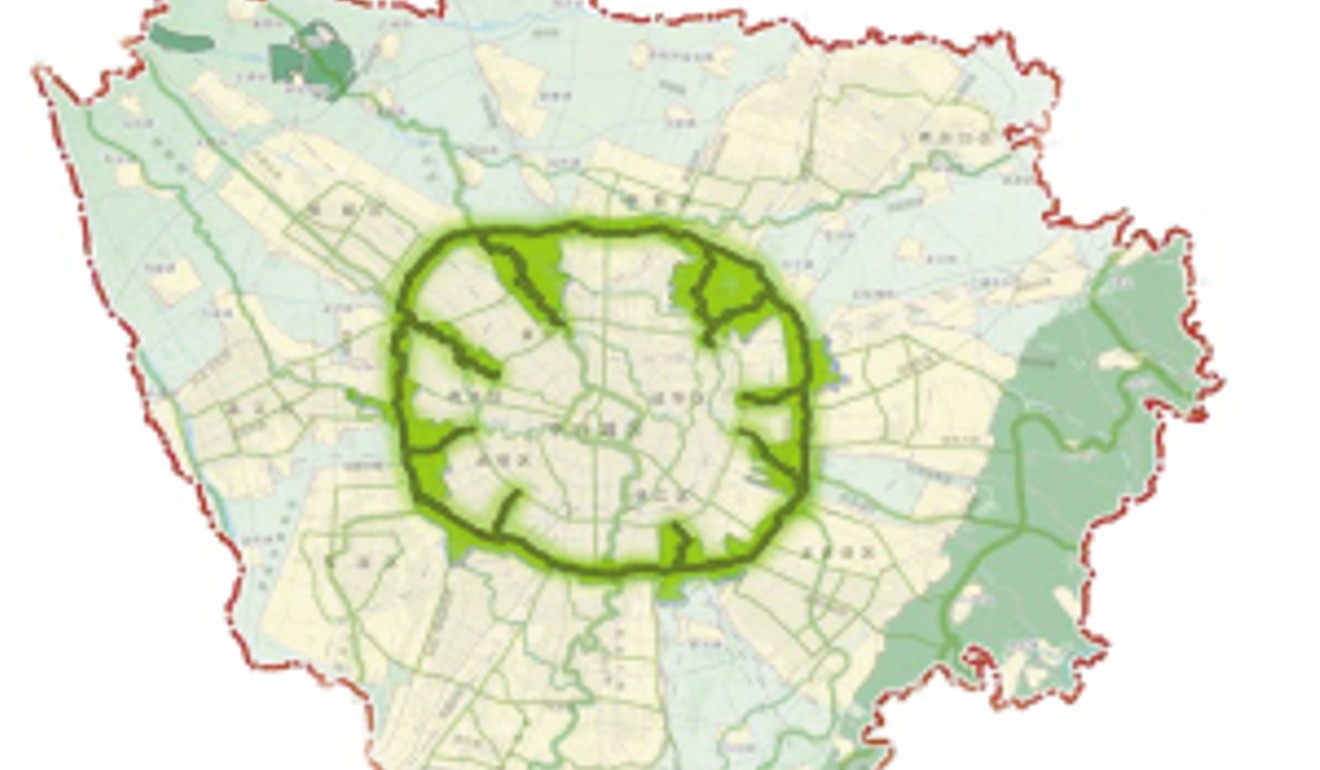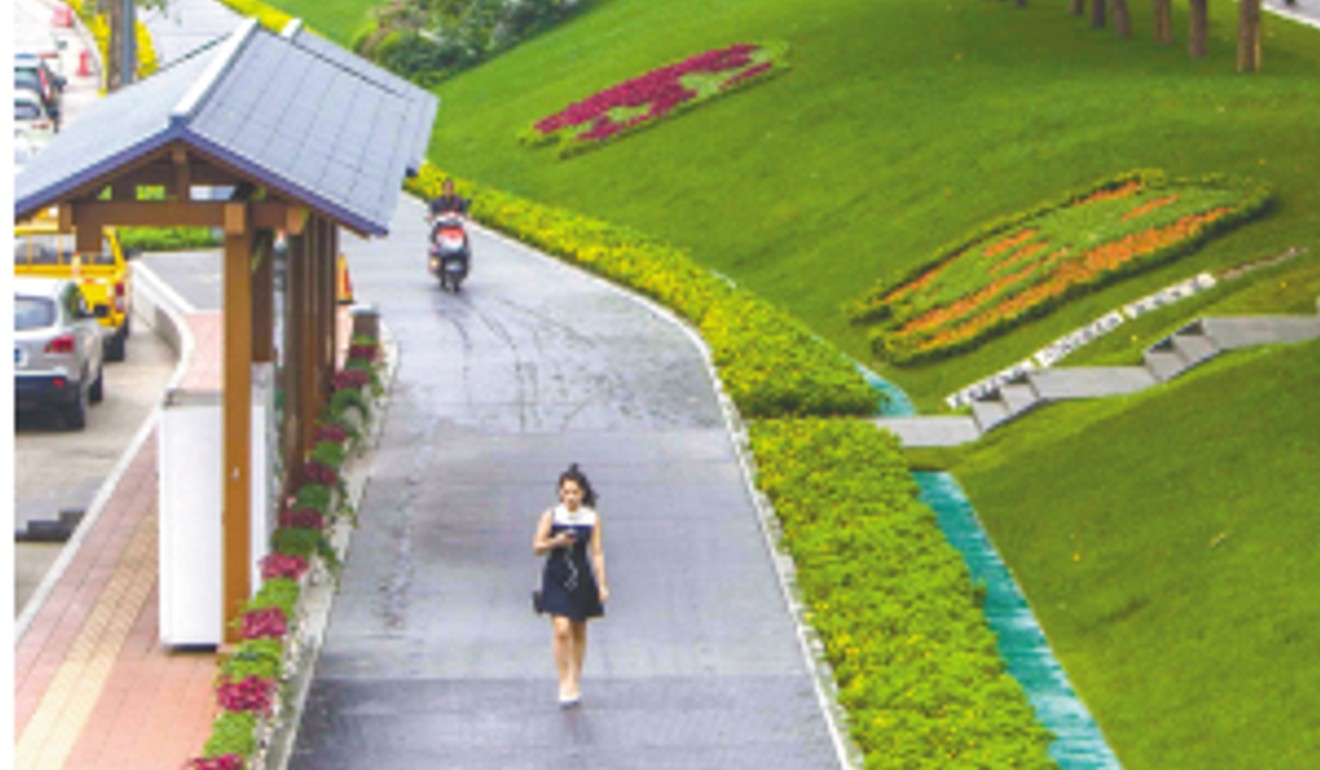
Chinese city starts work on world’s biggest urban cycle network
Chengdu aims to provide 17,000km of protected bicycle lanes as part of plans to tackle pollution and traffic congestion
Chengdu has started the construction of the world’s longest urban cycle lane network with a total length reaching 17,000km.
Work began on Saturday and the city government plans to finish the project in less than a decade, the Chengdu Evening News reported on Monday.
“At present, considering all cities around the world, the Tianfu cycle lane should be the longest,” said Zhang Jing, an architect working on the project.
Tianfu means the country of heaven and is another name for Chengdu, which has a history that dates back more than 2,300 years.

The number of cars in Chengdu, the capital city of Sichuan province, stood at more than 4.3 million cars early this year, second only to Beijing in terms of mainland cities.
The number is still growing at an annual rate of 17 per cent, prompting widespread complaints from citizens about traffic congestion and deteriorating air quality.
The city has taken major steps to modernise its transport infrastructure by building new subway lines and more flyovers, but to little effect.
According to the US consulate in Chengdu, the city’s air quality last year was even worse than in Beijing with the quantity of PM2.5 – health-damaging particulates which have a diameter of 2.5 micrometres or less – frequently reaching hazardous levels.

Gao Jing, chief landscape designer for the project, said the ambitious cycle lane project could reduce residents’ dependence on four wheels.
“It will create a permanent, enormous green space with lasting impact for many generations to come,” he was quoted by the newspaper as saying.
The cycle lane network would reach into every downtown neighbourhood and then expand to all suburban areas by 2025, according to the government plan.
Cycle lanes in China are often invaded by cars or motorbikes, even though they are banned from using them.
Under Chengdu’s plans, each lane would be shielded by trees, lawns or flower beds and accessible only to pedestrians or cyclists.
They will be able to stop at a number of pavilions, resting places and parks, as well as outlets that provide food and drinks.
The authorities did not disclose the budget for the project.

